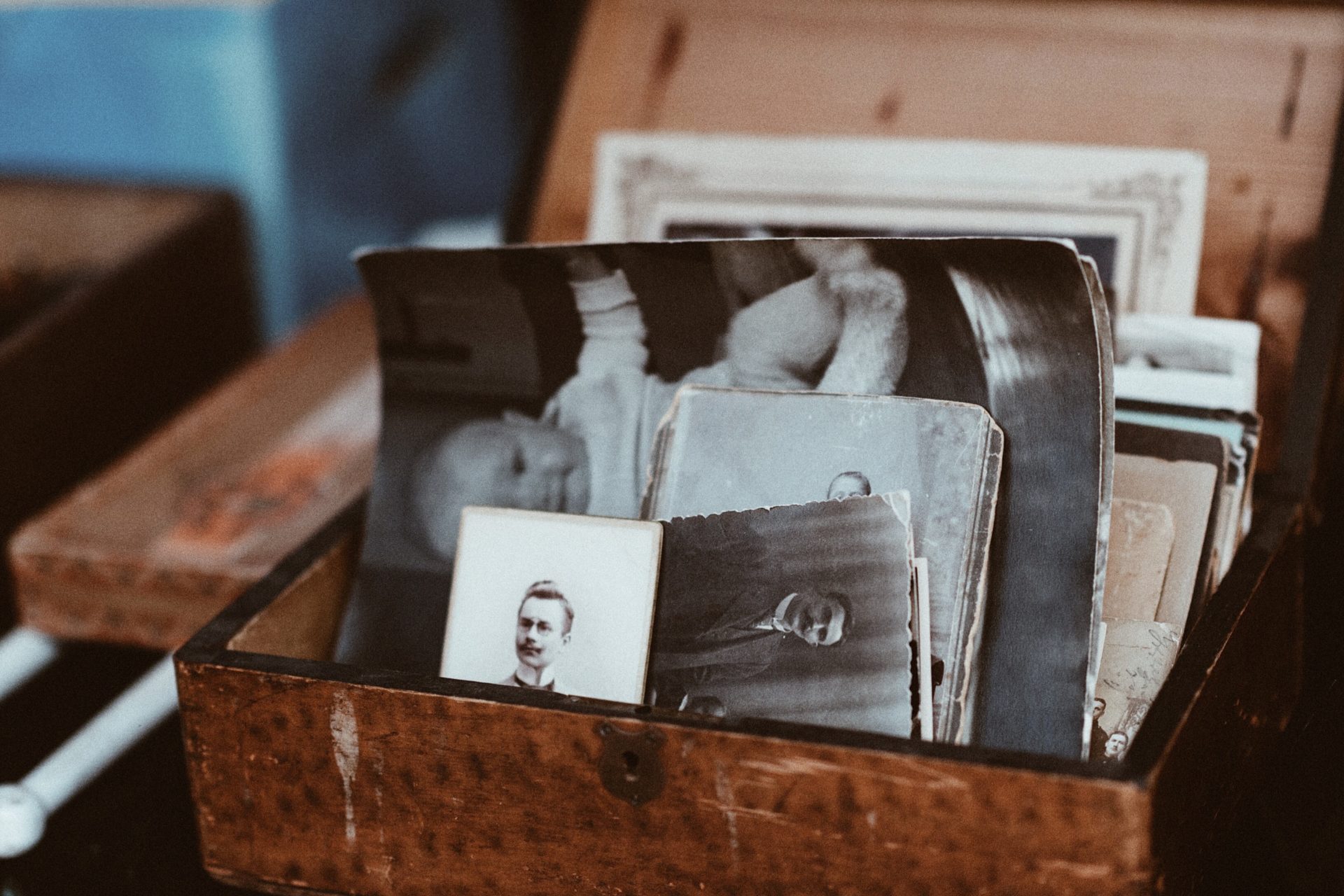
Photo by Roman Kraft on Unsplash
Past, present, or future?
Church people can spend a lot of time looking back at the past, now more than ever when so much has changed for congregational life. “Remember when [fill in the blank: the church was full in the 1950s, we were all in person before the pandemic, when pastor _______was here]? Wasn’t that wonderful?” It can be valuable to look back and celebrate the joys and strengths of the past—and it’s also easy to get stuck there.
It’s also easy to spend time imagining the future. You can daydream about what wonderful things might happen. Or, more commonly, you can in an instant make up a story about the disaster that is about to happen. We read news stories daily that predict some terrible outcome here or elsewhere in the world. Churches are worried about their viability into the future. There’s no doubt that many congregations have important issues to address in relation to their future. Yet creating a catastrophic scenario doesn’t help people think creatively. Instead, their brains shut down. We can get stuck in worry and fear.
I’ve been living in the past a lot lately. Here’s why: For years I have kept scrapbook files, one for each year, where I toss memorabilia: a note from someone, a ticket to a show, a restaurant business card. When my kids were little, I knew I would never make a scrapbook, and this was an easy substitute. But I never opened those files. Never. However, this year I decided I want to go through the scrapbook files to clear them out. I’m going through one a day. It’s been about 30 years, so if I keep it up I can be done in a month.
Meanwhile, I feel like my brain is going to explode with all the memories. Officiating at my sister-in-law’s memorial service ten years ago. Seeing soprano Renee Fleming with the Oregon Symphony in 2011. Farewell cards from the First Baptist Church in Gardner, Massachusetts in 2001. Stories my daughter wrote for us for Christmas when she was in high school.
I’m grateful for those experiences. At the same time, I am ready to let the memorabilia go. I’ll still have the memories for as long as my memory lasts. But I don’t need the things anymore.
It’s easy to spend time, as I am right now, looking back and remembering the way things used to be, or looking ahead worrying about what might be. However, I have learned over the years that now is the most important moment. Fully living right now is the greatest spiritual practice, being present in the moment, being present with the person right in front of me.
It’s easy to spend time, as I am right now, looking back and remembering the way things used to be, or looking ahead worrying about what might be. However, I have learned over the years that now is the most important moment. Fully living right now is the greatest spiritual practice, being present in the moment, being present with the person right in front of me.
How do you do this? Focus on today and act on what is within your control right now. Breathe, and allow God’s presence to be with you. As Jesus said in the Sermon on the Mount, “So do not worry about tomorrow, for tomorrow will bring worries of its own. Today’s trouble is enough for today” (Matthew 6:34).
Or put positively much more recently by Marie Kondo: “We live in the present. No matter how wonderful things used to be, we cannot live in the past. The joy and excitement we feel here and now are more important.”[i] I read this quote before I began my scrapbook folder review, and it bowled me over. Kondo’s words enabled me to let go of the brochure from the motel in Grand Lake, Colorado in the Rocky Mountains from the early 2000s, a birthday card my dad sent me 15 years ago, and a ticket from a big-screen rerelease of “Raiders of the Lost Ark.” I loved the trip to Grand Lake, receiving the birthday card, and seeing that movie again. But today is more meaningful—and today offers the only opportunity I have for living and experiencing.
As I review the items and memories, I’m taking the moment to experience in the present my memory of the past, and make a choice. Do I want to keep this item now? Mostly, the answer is, “No.” Reviewing the past becomes an exercise of gratitude in this moment.
Rev. Margaret Marcuson helps ministers do their work without wearing out or burning out, through ministry coaching, presentations and online resources.
The views expressed are those of the author and not necessarily those of American Baptist Home Mission Societies.
[i] Kondo, Marie. The Life-Changing Magic of Tidying Up: The Japanese Art of Decluttering and Organizing. Berkeley, CA: Ten Speed Press, 2014, p. 114. Emphasis original.



